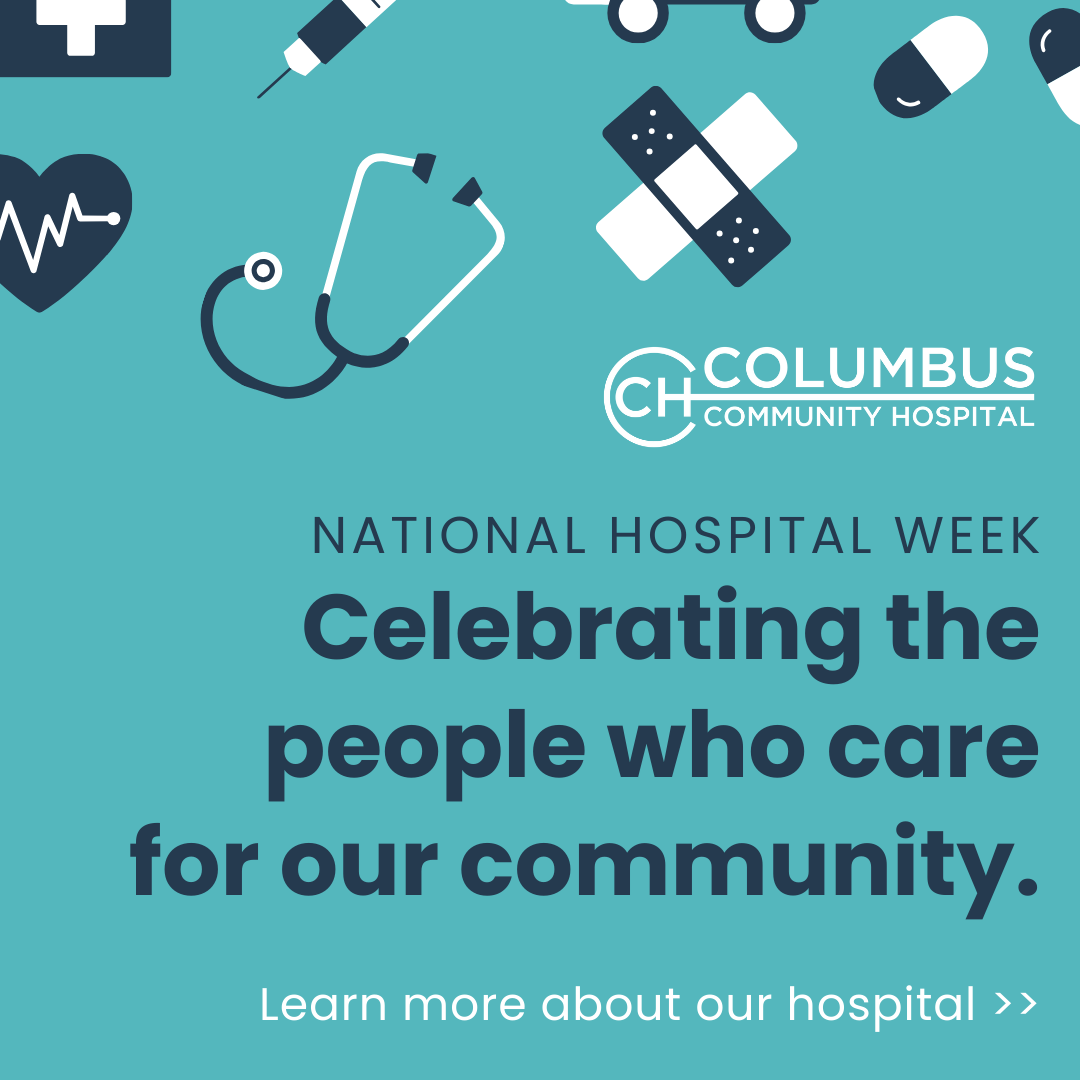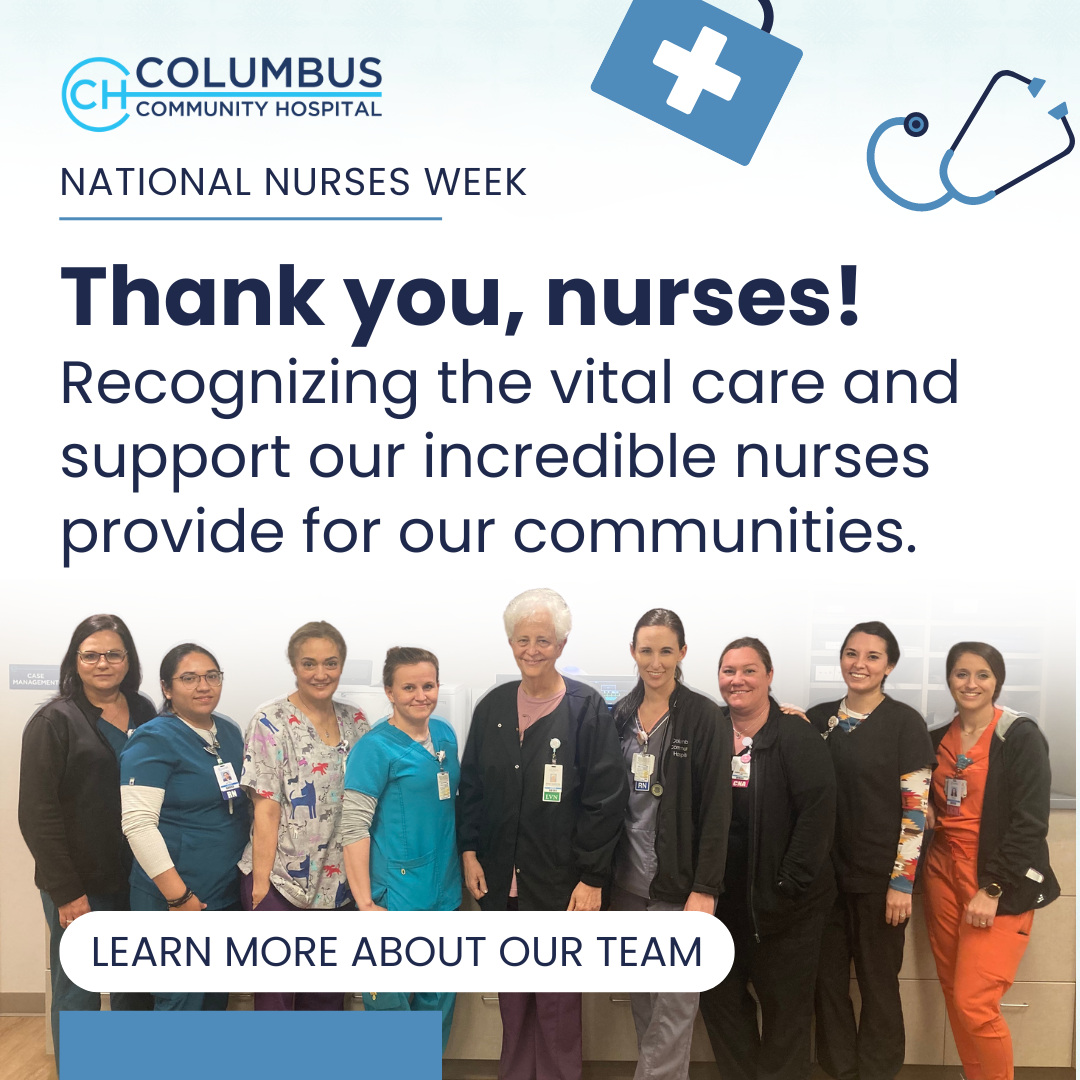It can be confusing to navigate health care as you approach Medicare age. The help of an insurance broker might sound appealing to guide you through the process.
But, even trusted local insurance brokers might not present the full picture when it comes to weighing your options – especially between traditional Medicare and Medicare Advantage.
The risk is that making the wrong choice today might restrict your future options or wind up costing you more down the line. Understanding the broker’s role is important. You want to have impartial information and choices so you can make the best decision for you.
The devil is in the details, but there are a few simple questions to help determine what’s best for you.
- How many insurance companies do you work with?
- What plans do you offer?
- Are these all the plans available in our area?
- How are you paid?
Rural Texas has fewer health care providers than in cities. Make sure your preferred doctor or hospital is included in the Medicare Advantage plans’ networks. Here are three questions to ask:
- Are my current health care providers in the plans’ networks?
- Are they accepting new patients from the plans?
- Which specialists, hospitals, home health providers, and skilled nursing facilities are in the plans’ network?
- How easy is it to see specialists, and are they available locally or within a reasonable distance?
If you travel frequently or plan to move, understanding the plan’s coverage in different locations is essential. Here are questions you should ask about the plan’s likelihood of covering your medical care if you’re out of town.
- Does the plan cover services when I travel outside my local area?
- What happens to my coverage if I move to a different region or state?
The price you pay through premiums and deductibles can initially be lower with a Medicare Advantage plan, but costs can add up especially if medically necessary services aren’t covered. Here are questions on cost to ask:
- What is the monthly premium?
- Is there an annual deductible?
- How much are doctor visits, hospital stays, and prescription drugs?
- What is the annual out-of-pocket maximum?
- If my plan doesn’t cover a service my doctor says I need, do I have to pay out-of-pocket?
Medicare Advantage plans often offer perks not covered by Traditional Medicare. Ask about the following:
- Are vision, dental, and hearing services covered?
- Are there wellness programs or fitness memberships available that I can access locally?
- Is telehealth included, if I need it to access specialists?
Choosing a plan with good customer service and a strong reputation is another important consideration. Here are questions to ask about the plan’s reputation.
- What is the plan’s star rating?
- How responsive and helpful is the plan’s customer service?
- What do current members say about the plan?
It is important to know the implications of leaving a Medicare Advantage plan and switching back to Traditional Medicare. Here are some questions to ask:
- What is the cost of supplemental (MediGap) coverage today?
- What is the likely cost of MediGap coverage in the future if I want to switch back to Traditional Medicare?
If you have other forms of insurance, such as employer-sponsored coverage or Medicaid, it is essential to understand how the Medicare Advantage plan will work with them. Ask the following:
- How will the plan coordinate with my other insurance?
- If I am eligible for both Medicare and Medicaid, how will this plan address my needs?
When considering your coverage, always take the time to thoroughly research and compare plans and seek the advice of your trusted health care providers.
Empower yourself with knowledge and make a choice that supports your health and well-being. Today and in the future.

Columbus Community Hospital’s Annual Fundraising Dinner and Auction to Support Surgery and Maternity Services
Columbus Community Hospital’s Annual Fundraising Dinner and Auction will raise
World Blood Donor Day: Give Blood, Save Lives
June 14 is World Blood Donor Day, an annual
Saying Hello to Medicare Advantage Could Mean Saying Goodbye to Your Doctor
While a lower monthly premium and all-inclusive prescription drug coverage
The Summer Guide to ATV Safety
ATVs can provide hours of fun during long summer
National Hospital Week: Celebrating the People who Care for our Community
May 12-18 is National Hospital Week, when we recognize hospitals
Celebrating National Nurses Week
May 6 – 12 is National Nurses Week, an opportunity





